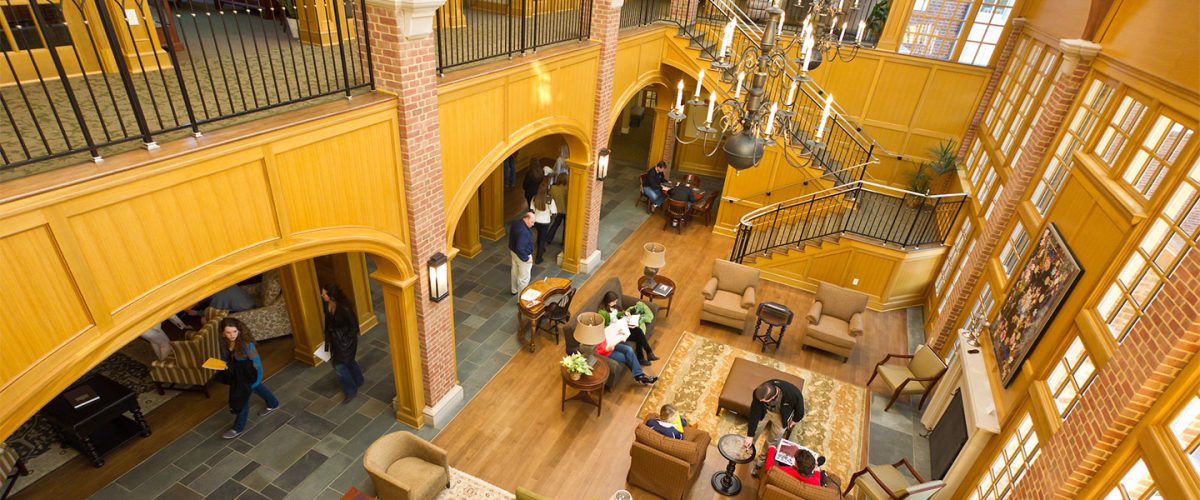After the Supreme Court ruled against the use of affirmative action in college admissions, the nation has turned its attention to another factor often used in admissions at elite schools – legacy status.
Legacy admissions refers to the practice of giving preference to the family of alumni during the admissions process. Being a legacy is not a free pass into the university, and data shows that legacy applicants are usually more qualified in terms of test scores and other accomplishments than typical applicants.
The practice made national headlines when the Education Department opened a civil rights investigation into Harvard University’s legacy admissions policy in late July. Three activist groups alleged that the practice discriminates against students of color in favor of white and wealthy students.
The investigation follows Wesleyan University’s decision to end legacy preferences. Wesleyan is the latest school to drop the preference, although other schools like Amherst College, Carnegie Mellon, Johns Hopkins and the University of Pittsburgh have also dropped it in recent years — CMU and Pitt ended their programs following the Court’s decision regarding affirmative action.
The exact number of colleges and universities that consider legacy status is unknown, but a report from the Institute for Higher Education Policy found that just over half of selective four-year colleges use the practice.
What about Wake Forest?
Vice President for Enrollment Eric Maguire says Wake Forest does consider an applicant’s relationship to the university as one of many factors in the admissions process.
“A student’s relationship to the university, including if a parent or another member of their family attended, is often known to our admission committee as they conduct a holistic review of an application, but admissions decisions are not based on any one factor,” Maguire said. “The holistic review considers a variety of factors, such as an applicant’s academic performance, extracurricular activities and how their personal experiences align with Wake Forest’s motto [Pro Humanitate].”
Maguire told the Old Gold & Black that in a typical year, seven percent of incoming students at Wake Forest have a legacy affiliation. He said this was “a smaller percentage than many other top national universities.”
Comprehensive data on the percentage of legacy students at top schools across the nation is hard to come by. Many schools do not report these statistics, but a look at student newspaper coverage from peer institutions seems to confirm Maguire’s claim that Wake Forest has a smaller percentage of legacy students than many other schools.
Duke University’s student newspaper, The Chronicle, issued a survey to first-year students in the Class of 2026 with questions about their journey to Duke — questions like what type of high school they attended, whether they applied Early Decision or if they had legacy status. The survey, which had an 18% response rate, found that 15% of respondents said their parents or siblings attended Duke. The year before, 22% of respondents reported legacy status.
In Vanderbilt University’s Class of 2023, 14.8% were legacy students, according to The Vanderbilt Hustler.
At the University of North Carolina at Chapel Hill, the Daily Tar Heel reported that in 2018, 48% of in-state applicants and 40% of out-of-state applicants who were children of alumni were accepted. For that application year, the university’s overall acceptance rate was 23%.
Johns Hopkins has not considered legacy status in admissions since 2014. The university’s student newspaper reported that in 2009, 12.5% of the freshman class were legacy students. By 2020, that number had fallen to 3.5%. During the same time period, the percentage of Pell Grant-eligible students more than doubled.
Why do colleges have legacy admissions?
Maguire did not disclose why Wake Forest specifically considers legacy affiliation as a part of an application.
Emilio Castilla, a professor of management at MIT, conducted a study focused on data from an unnamed elite college. In the study, Castilla gives two main reasons why universities still use legacy admissions.
The first reason has to do with money. Legacy applicants are more likely to accept an offer if admitted, resulting in a better yield for universities. Legacies are also more likely to pay full tuition, have more generous parents and be more generous alumni themselves once they graduate.
The second is more abstract. Some schools believe that having more legacies on campus promotes a richer “intergenerational community,” thereby increasing school pride among students.
America has certainly placed a closer eye on admissions practices at elite schools. Time will only tell how our nation’s top universities will adapt to the changing legal landscape.
















